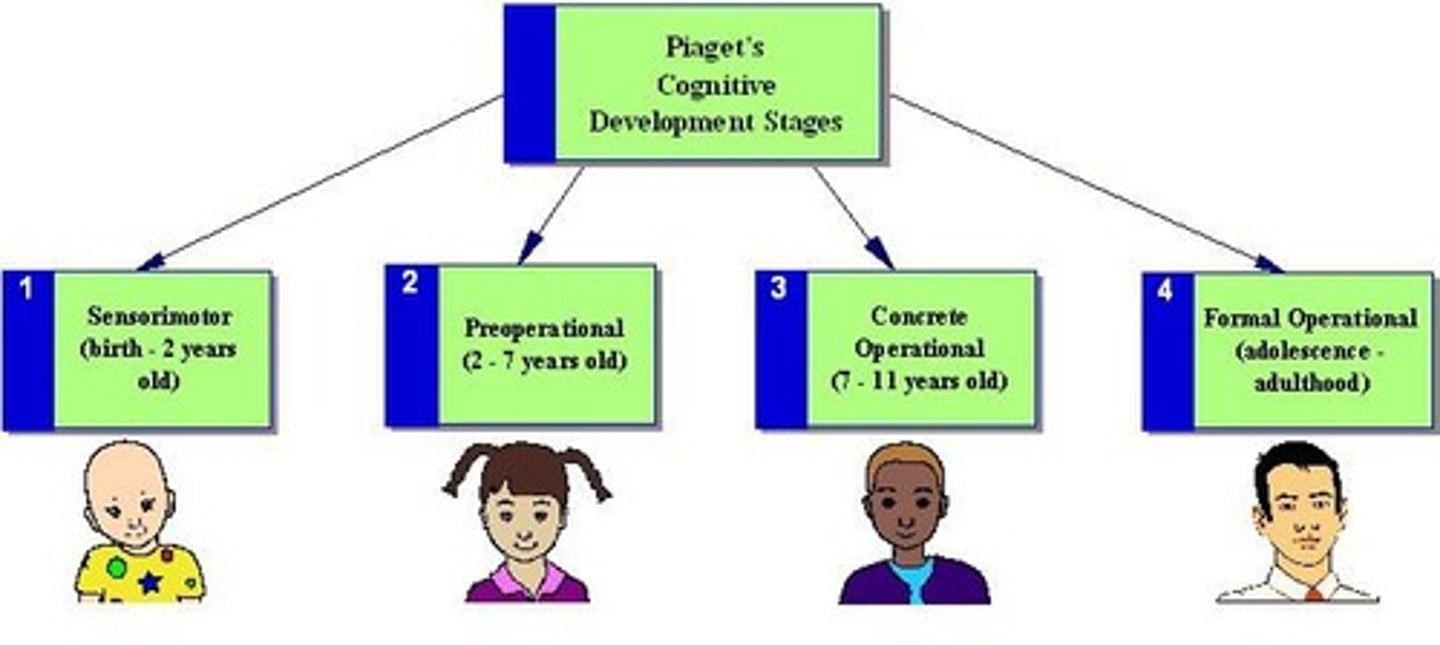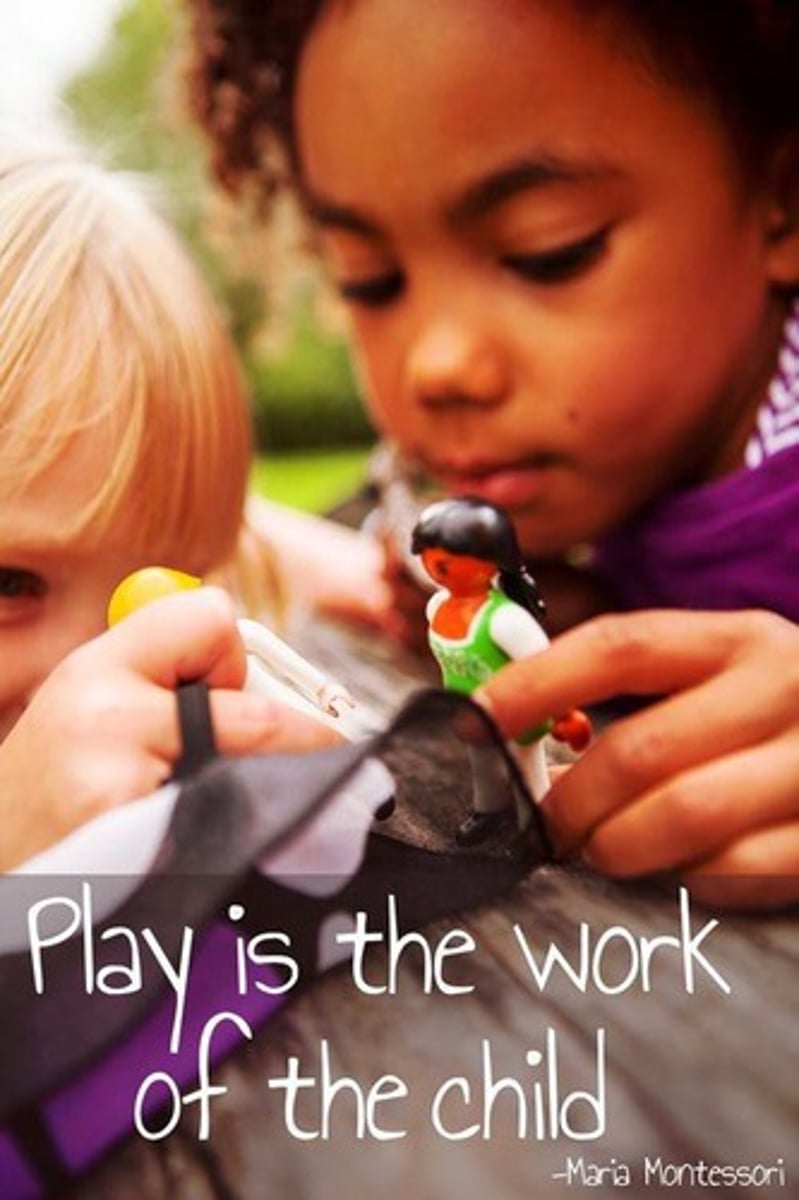Sociology Chapter 4: Role of Socialization
1/19
There's no tags or description
Looks like no tags are added yet.
Name | Mastery | Learn | Test | Matching | Spaced |
|---|
No study sessions yet.
20 Terms
What is socialization?
The lifelong social experience by which individuals learn attitudes, values, and behaviors of their culture.
How is personality defined in the context of socialization?
A person's typical pattern of attitudes, needs, characteristics, and behavior.
What are the two main influences on behavior discussed in socialization?
Nature (genes, heredity) and Nurture (socialization and life experiences).
What does 'nature' refer to in the context of social behavior?
Your genes and heredity, often summarized as 'it is in your blood.'
What does 'nurture' refer to in the context of social behavior?
Your socialization and life experiences, summarized as 'from your life experiences.'
What role do twin studies play in understanding social behavior?
They help explore how personality, behavior, and traits are similar among twins who share the same genes and environment.
What is the significance of the Minnesota Center for Twin & Family Research?
It conducts surveys and DNA analysis to explore similarities in personality and behavior among twins.
What is the self in the context of socialization?
A distinct identity that sets us apart from others, which is not static and needs design and upkeep.
How does self-development occur during childhood according to Piaget?
Children learn about their identity and the world through social interaction and experience.

What are the three stages of learning identified by Mead?
Preparatory Stage (mimicking), Play Stage (pretending to be others), and Game Stage (connecting abstract rules).
What is gender socialization?
Learning the cultural expectations of behavior for men and women (boys and girls).
How can toys reflect gender socialization?
Toys designed for boys and girls often convey different messages and expectations about behavior.
What is the purpose of the collaborative activity 'The Toys that Shape Us'?
To explore how gender socialization is taught through the material culture of everyday toys.

What are some characteristics that may be influenced by nature?
Temper, talent, addiction, health, and happiness.
What are some characteristics that may be influenced by nurture?
Quality of education, feedback from family and friends, and social experiences.
What is the role of social interaction in childhood development?
It is key for growth, helping children learn about their identity and social expectations.
What is the significance of observing children at play in understanding socialization?
It reveals how their play changes with age and how they notice differences among peers.

What is the impact of experiences on friendliness according to the nurture perspective?
Friendliness can be shaped by feedback from family and friends and social experiences.
What does the term 'self-centered' refer to in early childhood development?
Children initially focus on themselves before learning about others and their social world.
What is the importance of strategic planning in the Game Stage of learning?
Children learn to connect abstract rules and ideas that do not have direct connections to their experiences.